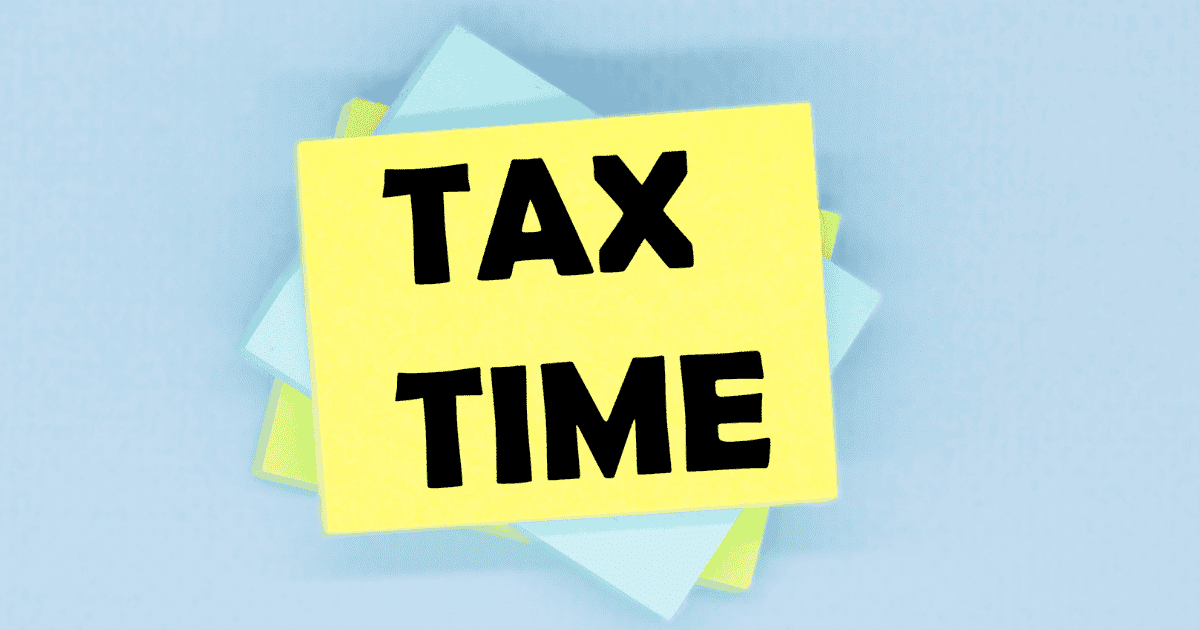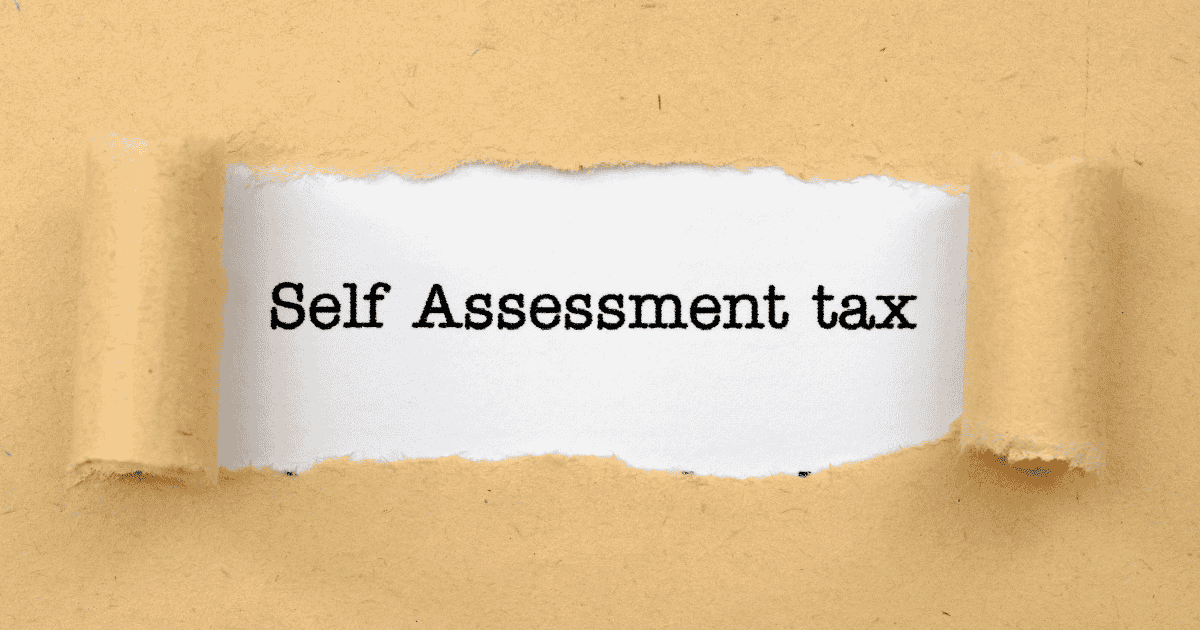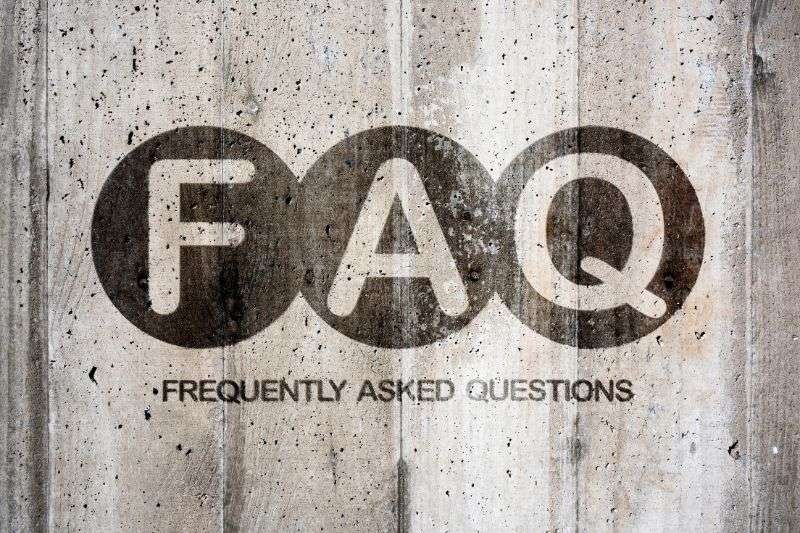Accounting vs Bookkeeping
Accounting vs Bookkeeping services are two different processes that are often confused. While the importance of accounting is the system of recording, classifying & summarizing financial transactions, the fundamentals of bookkeeping is the practice of recording & maintaining these transactions in a specific way.
Key Differences
1) Accounting provides an internal overview of a company’s financial status while bookkeeping tracks individual dealings.
2) Accounting is used to make business decisions, while bookkeeping is used to track accurate financial information.
3) Accounting uses Generally Accepted Accounting Principles (GAAP), while bookkeeping may use other methods.
4) Accounting must be audited, while bookkeeping does not need to be.
5) Accounting records money coming in and money going out, while bookkeeping tracks individual transactions.
6) Accounting is mainly used for larger companies, while bookkeeping can be used for any company.
What Is Accounting?
Part of the accounting process is recording, classifying, and summarizing financial transactions to provide information that is useful in making business decisions. This information can be used internally by businesses or externally by authorities and other interested parties.
The financial accounting process begins with the recording of transactions. This can be done manually or electronically. Once the operation has been recorded, they are then classified according to their type.
For example, money, credit card and invoiced transactions would all be classified as income, expenses, assets, or liabilities. After the transactions have been classified, they are summarized into financial statements. These reports show a company’s financial position, performance, and cash flow at a specific point in time.
How Accounting Can Help Your Business?
By completing transactions, businesses can keep a trail of their expenses and revenue, which can help them to make informed business decisions. Also, financial accounting uses (GAAP), which allows businesses to compare their performance.
Additionally, accountancy can help businesses prepare tax returns, which can save them tons of money. Overall in the long term, accounting is a valuable service for businesses of all sizes.
What is GAAP?
Is a set of cost accounting standards that are used in the United Kingdom. These standards provide a framework for financial reporting and help businesses compare their performance. They are also used by tax authorities to ensure that businesses are reporting their finances accurately.
Types Of Accounting
There are four main types of accounting: financial accounting, management accounting, public accounting, and government accounting.
1. Financial Accounting
Is the activity of recording, classifying, and summarizing a company’s economic transactions to provide information that is useful in making business decisions. This information can be used internally by businesses or externally by investors, creditors, and other interested parties.
2. Management Accounting
Is the activity of providing reports to managers so that they can make informed decisions about how to run the business. This information includes things like budgeting, performance measurement, and forecasting.
3. Public Accounting
Is the activity of providing financial accounting services to clients such as individuals, businesses, or non-profit organizations. Public accountants may work for accountancy firms or they may work for accounting departments in larger companies.
4. Government Accounting
Is the activity of providing accounting services to governmental entities such as state, local, and federal governments. Government accountants may also work for accounting firms or they may work for accounting departments in larger companies.
What Are Financial Statements?
A financial statement is a summary of a company’s financial performance over a specific accounting history.
1. Balance sheet
The balance sheet shows a company’s assets, liabilities, and shareholders’ equity at a specific point in time.
2. Income statement
Shows a company’s revenues and expenses over some time.
3. Statement of cash flows
Shows how a company’s cash has changed over a period of time.
4. Statement of changes in equity
Shows how the company’s shareholders’ equity has changed over a period of time.
5 Accounting Mistakes To Avoid
1) Not keeping track of your fixed and variable expenses. If you don’t track your expenses, you won’t know how much money your firm making (or losing).
2) Not preparing a written budget is critical, it helps you follow your expenses, forecast future income statement and make sound financial decisions.
3) Not keeping accurate financial reporting can lead to a number of problems for your firm, including inaccurate tax returns and difficulty securing loans or lines of credit.
4) Not paying attention to cash flow data could lead to financial instability.
5) Not treating employees fairly can put a serious damper on the business and accounts. Employers have to treat them fairly and in return, you’ll have a productive workforce that will help your business grow.
What Qualification is Needed to be an Accountant?
The simple answer is no, you don’t need a degree to be an accountant. Postgraduate education is beneficial but not necessary, just like other professions. Instead, the majority of people in the sector have completed an AAT (Association of Accountants Technicians) course.
This certificate is often the min. requirement for accounting entries or for certified public accountants, which trains you the basics up to expert skills, across three levels. With this certificate, you’ll be able to pursue a career in accounts in a variety of interesting sectors like forensic accounting, public sector, private sector etc.
What Is Bookkeeping?
Bookkeeping is the recording of individual financial transactions. It can be done manually or using cost accounting software. The aim of bookkeeping is to ensure that financial records are accurate and up-to-date.
Bookkeeping is essential for businesses, as it helps them follow their financial position and make sound decisions based on accurate data. It also helps businesses prepare tax returns and manage their cash flow.
Types Of Bookkeeping
There are two types of bookkeeping, single and double-entry bookkeeping.
Single entry system
Single-entry bookkeeping is a simple method where each financial transaction is recorded only once, either as a debit or a credit. This method is typically used by small businesses and individuals who have basic accounting needs.
Double entry system
Double-entry bookkeeping is a more advanced method where each financial transaction is recorded twice, once as a debit and once as a credit. This method provides a more accurate picture of a company’s financial health and is recommended for larger businesses with more complex accounting needs.
5 Bookkeeping Mistakes To Avoid
1) Not keeping track of expenses is one of the most common bookkeeping mistakes.
2) Reconciling your bank statements is essential for ensuring accuracy in your financial records and history.
3) Not tracking inventory and sales makes it difficult to determine how much money your company is making or losing.
4) Not registering transactions on time makes it difficult to keep track of your business’s financial data.
5) Not using double-entry bookkeeping. This involves using debits and credits to make sure that the accounting period are accurate. For example, can help prevent human error. It can also help make sure that transactions are accurate and complete, which is important when it comes time to file taxes.
What Qualifications do you Need to be a Bookkeeper?
You don’t need a degree or years of experience to apply for an entry-level position. However, you should have good math skills, a basic understanding of accounting or bookkeeping practices, and software knowledge of programs like QuickBooks, Xero, Kashflow or FreshBooks.
The best guide to obtaining a qualification in bookkeeping is through AAT. This gives you a strong overall grasp of accounting courses including bookkeeping, economics and account preparation.
Also, get some practical experience “bookkeepers work” or training before you choose a career to become a certified public accountant and look for an accountant or bookkeeper role in accounting firms, companies or professional bodies.
Conclusion
The difference between accounting vs bookkeeping is the processes. Bookkeeping is simply the process of recording the financial transaction in a specific way, while accountancy takes these recorded transactions and interprets them to provide useful information for making company decisions.
Accountants and bookkeepers can be invaluable partners if you’re looking for help with your financial analysis or want someone to manage your books. They’ll focus on everything from generating budgets to filing taxes so you have more time on other important tasks! Contact MH Services today.











